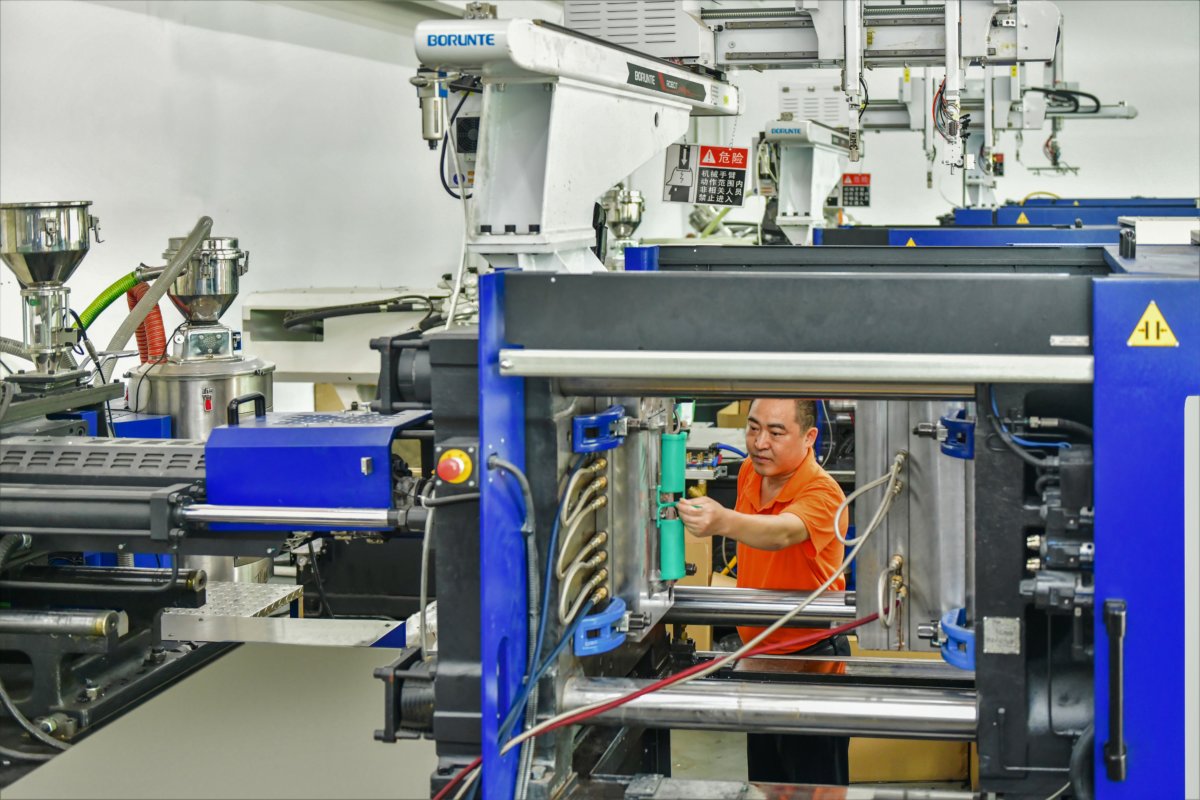Rethinking Fabrication: The Merits of Custom Injection Moldmaking
In the current competitive landscape, manufacturers are continually seeking innovative methods to enhance manufacturing efficiency and product quality. One such method that has garnered substantial attention is bespoke injection molding. This process allows businesses to create personalized components that meet specific aesthetic and functional requirements, offering a level of flexibility that traditional manufacturing methods are unable to replicate.
Custom injection molding not only boosts production speed but also substantially reduces waste, making it an environmentally friendly choice. With the capability to produce detailed shapes and sophisticated designs with precision, manufacturers can leverage this technology to stay ahead of market demands and deliver exceptional products. As we delve deeper into the advantages of custom injection molding, it becomes apparent why it is a game changer for industries including automotive to consumer goods.
Benefits of Custom Injectable Molding
Custom injectable molding offers producers the ability to create highly precise and intricate configurations that satisfy specific needs. Utilizing customized molds, businesses can manufacture parts with detailed details and tight specifications that are frequently difficult to accomplish with other production methods. This precision not only improves the performance of the components but also improves the overall quality of the final products.
Another notable advantage is the effectiveness and quickness of production. After the molds are produced, the injectable molding process can produce large quantities of parts in a comparatively brief period. This rapid production ability enables manufacturers react swiftly to consumer demands and shortens lead times for new products. Therefore, companies can maintain a competitive edge through quicker product launch.
Affordability is also a crucial benefit of custom injectable molding. Although initial setup costs for creating molds can be elevated, the sustained benefits from mass production often surpass these costs. The process minimizes material waste, as excess material can be recycled. Additionally, the durability of injectable molded parts often leads to reduced costs in the long run, as they tend to need fewer maintenance and replacement.
Financial Viability and Scalability
Custom injection molding offers notable cost efficiency, particularly for large production runs. The upfront setup and tooling costs may be increased than other manufacturing methods, but these costs decrease considerably when producing in bulk. This is because the high precision and speed of injection molding allow manufacturers to create complex parts swiftly and precisely, reducing labor and material waste. As production scales up, the cost per unit falls, making it an viable option for companies looking to maximize their profits.
Another benefit of custom injection molding is its inherent scalability. Once the initial molds are created, manufacturers can easily increase production volumes without a corresponding hike in costs. This scalability is essential for businesses that need to adapt to fluctuating market demands or launch new products. The ability to smoothly adjust production allows companies to maintain competitive advantages and meet customer needs effectively, ensuring they can respond to shifts in the marketplace swiftly.

Moreover, tailored injection molding supports the development of unique and innovative designs that can meet specific requirements of various sectors. By leveraging advanced technologies and materials, manufacturers can produce top-notch parts that meet rigorous standards while minimizing expenses. This flexibility allows businesses to explore new ventures, streamline their production processes, and ultimately enhance their bottom line, illustrating the powerful capabilities of custom injection molding in modern manufacturing.
Uses In Sectors
Custom molding finds its role in a broad range of fields, substantially improving manufacturing processes and product offerings. In the vehicle industry, for instance, it is used to create intricate components such as control panels, interior trims, and various housings. This technique not only enables for precise duplication of detailed patterns but also encourages weight reduction, which is essential for enhancing fuel economy and general automobile performance.
The medical industry also benefits significantly from personalized molding. Medical equipment and parts often require stringent compliance with health and standard standards. Through the use of tailored forms, producers can create reliable, high-quality components that meet compliance requirements while facilitating the rapid development of innovative healthcare technologies. The capability to customize substances and designs specifically for medical purposes leads to improved patient results and enhanced functionality.
Moreover, the retail industry utilizes custom injection to provide custom-designed items that cater to particular customer needs. From electronic housings to home goods, this process enables a significant level of personalization and brand differentiation. By utilizing advanced substances and techniques, businesses can manufacture aesthetically pleasing, durable, and cost-effective products that enhance consumer satisfaction and foster brand loyalty throughout multiple industry segments.